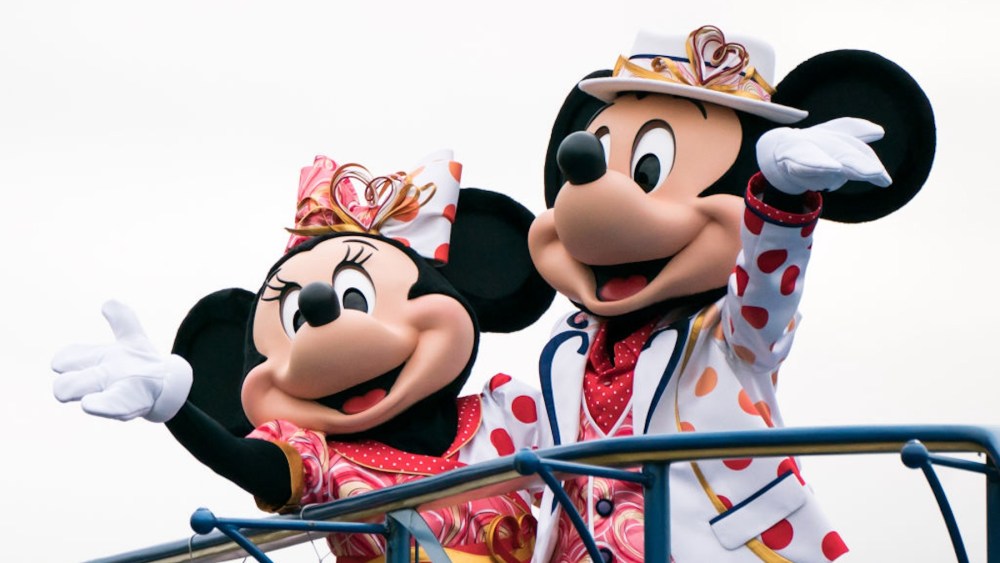The image of a crying millennial standing in awe in front of Cinderella Castle in Walt Disney World Resort has widely become the visual definition of a “Disney Adult”: the obsessive fan whose self-proclaimed love for all things Mouse House makes them a reoccurring easy target for ridicule on social media.
But in her new book that explores the modern-day Disney fan phenomenon, author AJ Wolfe says one of her key findings was that the fandom is more often the ones mocking each other. “One thing that I learned really early on that was shocking to me is that Disney Adults hate Disney Adults, too,” Wolfe told Variety.
“That was not in the original pitch to Simon & Schuster for the book,” continued Wolfe, whose “Disney Adults: Exploring (And Falling In Love With) A Magical Subculture” hit shelves Tuesday. “But as I started interviewing people, and I would ask them the question of, hey, do you get a lot of flack from people in your family and whatever, for being a Disney adult, and they make fun of you and stuff? And they’re like, ‘Kind of, but we don’t really care about that. The worst part about being a Disney Adult is other Disney Adults.’”
While that might seem confusing at first to those immune to the Magic Kingdom’s draw, Wolfe — who is the founder of the popular Disney Food Blog and a proud Disney Adult herself — explains the issue here comes down to a pecking order.
“It’s hierarchical: Who’s been to more hotels, who’s got the annual pass and who doesn’t?” Wolfe said. “And I had a couple people I talked to who actually said that other Disney fans were like, ‘We feel sorry for you that you don’t have an annual pass.’ And it’s like, what? But that is very much in evidence.”
And then Wolfe says there’s the issue of those obsessive park-goers who make a habit of using their regular access to buy exclusive parks merch and resell it at a markup, prompting the question if those fans “taking advantage of the community” can even be considered Disney Adults.
Ultimately, this discovery that Disney Adults find each other “kind of annoying” changed how Wolfe approached her debut book breaking down the stereotype. “It really shifted the whole way I wrote the book, because I was expecting people to be like victims, and like, ‘Yeah, everybody makes fun of me because I’m a Disney fan,’” the author said. “And it’s like, ‘No, we don’t care about that, what we care about is other people in this community.’”

